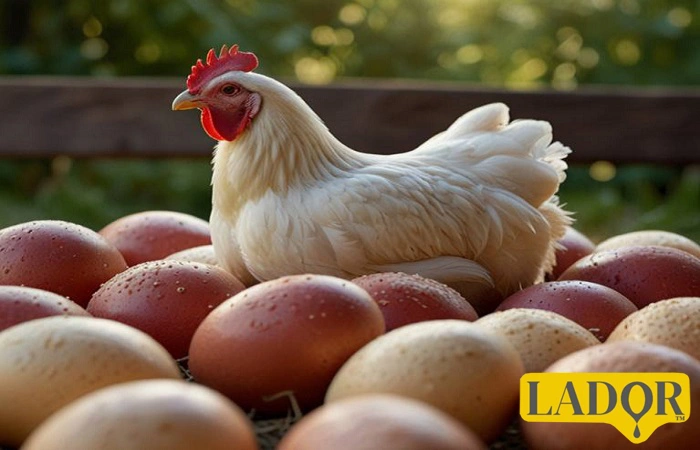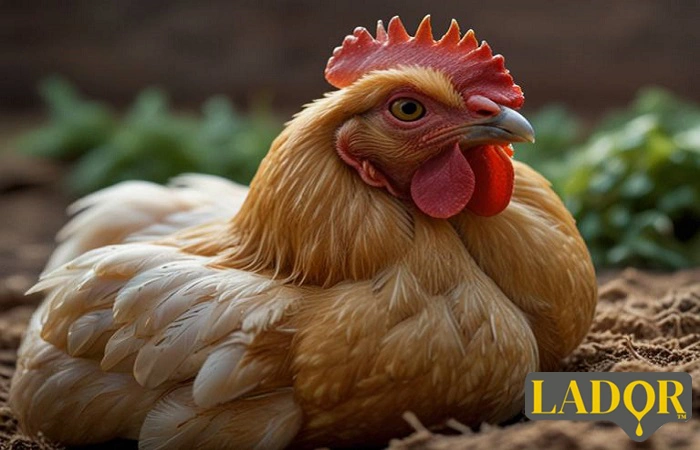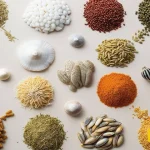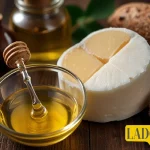Special aviculure oil is an energy-rich dietary supplement specially formulated to enhance the nutrition and performance of poultry. These oils contain a blend of essential fatty acids, vitamins, and minerals that are crucial for the growth, reproduction, and overall health of poultry. This article delves into all aspects of poultry-specific oil.
Composition of Poultry-Specific Oil
The exact composition of poultry-specific oil can vary depending on the manufacturer and the type of poultry. However, in general, these oils contain the following components:
- Essential Fatty Acids: Such as linoleic acid and linolenic acid, which are essential for growth, reproduction, and healthy skin and feathers.
- Fat-soluble Vitamins: Including vitamins, A, D, E, and K, which play a vital role in bone growth, immune function, and reproduction.
- Antioxidants: To protect the oil from oxidation and increase its shelf life.
- Minerals: Zinc and selenium are necessary for proper immune system function and enzymes.
Primary Sources of Oils Used in Poultry Farming
Soybean, corn, sunflower, canola, and palm oil are among the vegetable oils commonly used in poultry diets. These oils are rich in unsaturated fatty acids and contribute to improved meat and egg quality.
Some diets also include animal fats such as beef tallow and chicken fat. These fats contain higher levels of saturated fatty acids than vegetable oils.
Production Process of Poultry-Specific Oil
- Oil Extraction: Oil is extracted from seeds or animal tissues using various methods such as cold pressing, solvent extraction, or other physical methods.
- Oil Refining: Crude oil contains impurities like phosphorus, gums, and pigments. These impurities are removed from the oil using various methods such as neutralization, bleaching, and decolorization with bleaching earth.
- Adding Supplements: After refining, the necessary vitamins, minerals, and antioxidants are added to the oil.
- Mixing: Different oils and supplements are mixed homogeneously to produce a final oil with a uniform composition.
- Packaging: The final oil is packaged in suitable containers and prepared for use in poultry farms.
Why Do We Need Poultry-Specific Oil?
- Oils, especially vegetable oils, are a rich source of energy. This extra energy helps poultry grow faster and produce more eggs.
- Oils improve digestion and better absorption of nutrients. This is especially important for young chicks.
- Adding oil to the diet increases its palatability, resulting in increased feed consumption by poultry.
- Oils help reduce dust in the diet, which is very important for the respiratory health of poultry.
- Oils act as carriers for fat-soluble vitamins such as vitamins A, D, E, and K, thus helping in the better absorption of these vitamins.
Types of Poultry-Specific Oils
- Soybean Oil: The most common type of oil used in poultry feed. It contains linoleic acid, which is essential for the growth and reproduction of poultry.
- Canola Oil: A rich source of omega-3 fatty acids, which are beneficial for the cardiovascular health and immune system of poultry.
- Corn Oil: Contains beta-carotene, which is a precursor to vitamin A.
- Sunflower Oil: Contains oleic acid, which is beneficial for cardiovascular health.

Benefits of Using Poultry-Specific Oil
- Poultry fed a diet containing oil generally gain more weight and grow faster.
- Oils help increase egg production and improve eggshell quality.
- The use of specific oils can lead to improved meat quality in poultry.
- Proper nutrition using oils can help reduce mortality in the flock.
Comparative Table of Poultry Oils
| Oil Type |
Benefits |
Applications |
| Soybean |
Affordable, high energy, contains linoleic acid |
Broilers, layers |
| Canola |
Rich in Omega-3, improves meat quality |
Broilers, layers |
| Corn |
Contains beta-carotene, improves egg yolk color |
Layers |
| Sunflower |
Contains oleic acid, improves heart health |
Broilers, layers |
Poultry-Specific Oils for Broilers and Layers
- Broilers: High-energy oils like soybean and corn oil are commonly used to promote faster growth and weight gain.
- Layers: In addition to high-energy oils, oils containing beta-carotene and omega-3 fatty acids are used to enhance egg quality.
Impact of Poultry Oil on Meat Quality
Oils improve the color and taste of poultry meat, especially those containing beta-carotene. They also contribute to increased tenderness and juiciness. Certain oils, such as canola oil, contain healthy fats that can help reduce harmful fats in meat.
Impact of Poultry Oil on Egg Yolk Color
To enhance egg yolk color, it’s best to use oils containing natural pigments like beta-carotene. Beta-carotene is a precursor to vitamin A and contributes to the yellow color of egg yolks.
- Corn oil is one of the best options for improving egg yolk color. It contains significant amounts of beta-carotene.
- Palm oil: Also contains beta-carotene but in smaller amounts than corn oil.
- Flaxseed oil: Contains lutein, another natural pigment that contributes to the yellow color of egg yolks.
How to Add Oil to Feed
Oils are typically added to poultry feed in liquid form, and there are various methods to do so. The oil can be directly added to the dry feed and mixed, or it can be sprayed onto the dry feed. Alternatively, the oil can be added to drinking water or other liquids and then given to the poultry. It’s crucial to accurately calculate the amount of oil added to the feed, considering the age, breed, and environmental conditions of the poultry.
Can Excessive Use of Poultry Oil Have Adverse Effects?
Yes, excessive oil in poultry feed can lead to problems such as:
- Digestive disorders: Excessive oil can cause diarrhea, reduced appetite, and other digestive issues.
- Reduced eggshell quality: In laying hens, excessive oil can decrease eggshell thickness and increase the risk of breakage.
- Liver problems: The liver plays a crucial role in fat metabolism. Excessive oil can damage the liver and lead to liver diseases.
- Increased production costs: Oils are generally expensive, and excessive use can increase production costs.

Important Considerations
- The amount of oil in poultry feed should be adjusted based on the age, breed, and environmental conditions.
- It’s essential to use high-quality, fresh oils.
- Adding oil to the feed should be done considering other components of the feed and the nutritional needs of the poultry.
- Consult with an animal nutritionist to determine the appropriate type and amount of oil for your flock.
Ala Sepahan Oil Factory
Ala Sepahan Oil Factory with Lador brand is one of the best producers of poultry oils, powders livestock, and even industrial oils. With experienced staff, advanced devices, and years of experience, this factory markets these products with the best quality.
Conclusion
Using oil in poultry feed is beneficial and can improve performance and product quality. However, excessive use can have adverse effects. Therefore, it’s crucial to carefully select the amount and type of oil used in poultry feed. For enhancing egg yolk color, oils containing beta-carotene, such as corn oil, are the best choice.
This oil is used in chicken farms to feed laying hens and broiler chickens, but it is not recommended for day-old chickens, colored chickens. For more information, contact our experts in Ladorfat.



